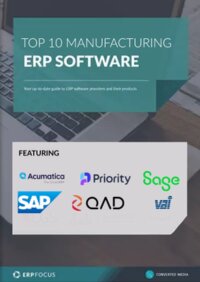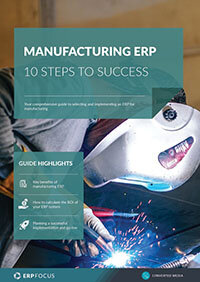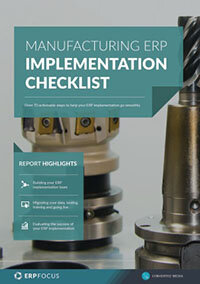Flexible ERP: three disruptive forces that make agile ERP necessary for manufacturers
In today’s rapidly changing business environment, global manufacturers face disruption in every aspect of their business. Customer expectations for products and how they are delivered, serviced and invoiced are changing exponentially. Emerging technologies cause significant disruption in manufacturing, affecting sales and customer service models, operations, supply chain and overall strategy. A flexible ERP, the application most critical to most manufacturers, is essential to meeting the challenges and opportunities arising from the growth of disruptive forces.
Disruption spawns new business models
Due primarily to changing customer expectations and emerging technologies, traditional business models are being dramatically disrupted. Ride-sharing offers a well-known example: According to New York City’s Taxi and Limousine Commission, in 2017, more people used Uber than yellow cabs. Uber recently reported that over 15 million Uber trips are completed each day. This exemplifies how a new and non-traditional competitor successfully used technology to introduce an inventive business model that disrupted the traditional taxicab business.
In global manufacturing, there appear to be three primary types of high impact business model changes which are not mutually exclusive – there is a fair amount of overlap. These include (1) Anything as a Service, (2) Make to Order at Scale and (3) Digital Transformation in Manufacturing.
Anything as a Service
Anything as a Service defines a business model where services and business outcomes replace physical product. One of the early pioneers of this concept were jet engine manufacturers such as GE, Pratt & Whitney and Rolls-Royce. Instead of charging for actual jet engines, they charged an hourly rate for power from the engines, essentially selling thrust as a service.
The value proposition of Anything as a Service for customers is clear; they are relieved of the responsibilities associated with owning a product, such as maintenance, and no longer carry the financial risk of capital investment. Instead, customers get what they really need, which in the case of jet engines is power. For manufacturers, Anything as a Service can boost long-term, revenue streams, provide steadier cash flows and increase margin by extending product lifecycles. It also can improve customer satisfaction since the manufacturer typically knows best how to service and maintain their own products.
Manufacturers need rather specific technologies and capabilities to take advantage of Anything as a Service business models. For example, they must remotely and securely collect data, in real or near real-time, to monitor asset performance, health and location. Another example of must-have technology is the ability to analyze considerable amounts of performance data for continuous improvement and predictive maintenance purposes.
Anything as a Service will cause manufacturers to think about their business very differently. In addition to production quality, they must think about service excellence and how to best monetize product use instead of simply selling an SKU. The constant changes inherent in this business model requires an agile ERP.
Make to Order at Scale
Make to Order at Scale, which is similar in basic concept to mass customization, concerns meeting end-user expectations that products and services will meet their unique needs and preferences. A key contributing factor to this business model disruption is the explosion of choice driven by the long tail of options available via internet retailing. Make to Order at Scale has shifted this demand for more customization up the supply chain to apply to B2B customers.
The key requirements required for Make to Order at Scale include excelling at customer collaboration and communication to capture unique customer requirements. In addition, manufacturers must constantly validate changing configurations while managing the exploding complexity of component mix, which requires more adroit supply chain management. Manufacturers must also improve their understanding of cost and develop more sophisticated pricing models. As the changing needs and demands of customers grow increasingly diverse, an agile ERP becomes a critical tool to avoid unnecessary costs and operational complexity.
Digital Transformation in Manufacturing
Digital Transformation in Manufacturing refers to the application of advanced technologies such as machine learning, Internet of Things (IoT) connectivity, edge computing, digital twins and data lakes, among other technologies, to improve a manufacturers’ business performance. While the meaning of the oft-used term “digital transformation” has many interpretations, the following seems like a fitting definition for manufacturers: “The acquisition and analysis of enterprise and value chain data for measuring and optimizing business processes to improve company performance.”
To take advantage of digital transformation, manufacturers need to be able to efficiently and accurately acquire and analyze enterprise-wide and value chain data. To optimize business processes, analytics using this data must be capable of providing insight to prioritize investments and strategic plans.
It is imperative, however, to understand that digital transformation technologies cannot stand alone. Applying analytics will not yield the potential benefits of Digital Transformation in Manufacturing without the cultural commitment to business process optimization, closed-loop continuous improvement and associated change management. Technology is advancing rapidly, bringing along the associated changes in processes and business strategy. This rapid pace of change requires an agile ERP that can ensure that new digital transformation technologies are effectively integrated and implemented across the enterprise.
Conclusion
Disruption is dramatically increasing the complexity of manufacturing and supply chains. As a result, companies face an increased risk to their core business strategy and operational effectiveness. New business models driven by changing customer expectations and new enabling technologies are giving rise to new and non-traditional competitors, changing the playing field for established manufacturers. Dealing with these disruptive forces requires agility and flexibility. The application most critical to managing a global manufacturers’ business, ERP, must provide the flexibility to meet the challenges and opportunities arising from business disruption.
Free white paper

Manufacturing ERP requirements template
Over 120 critical manufacturing ERP features in one downloadable spreadsheet

Featured white papers
Related articles
-
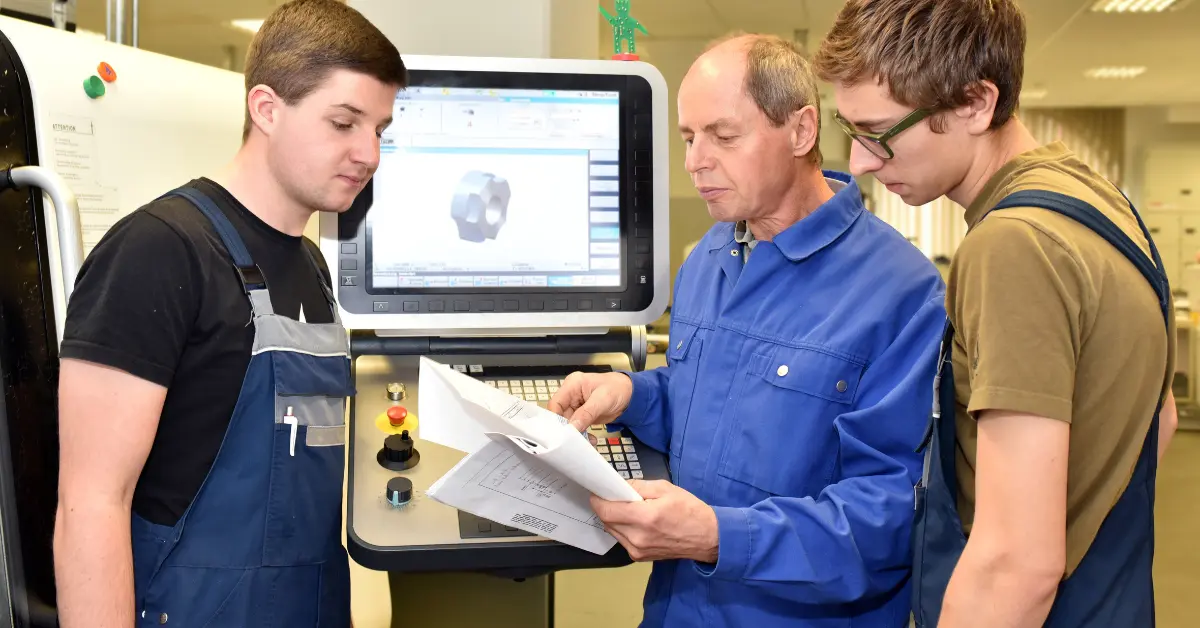
4 training tips for manufacturing ERP success
These four training tips will help your employees get the most out of your new manufacturing ERP ...
-

CMMC Compliance: What Aerospace and Defense Manufacturers Need to Know
Key insights on CMMC compliance, deadlines, and securing DoD contracts with CMMC 2.0 certificatio...
-
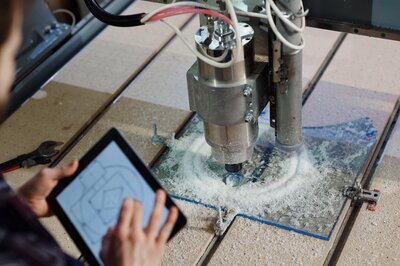
ERP for make-to-order manufacturing
How can ERP help your make-to-order manufacturing business thrive?


